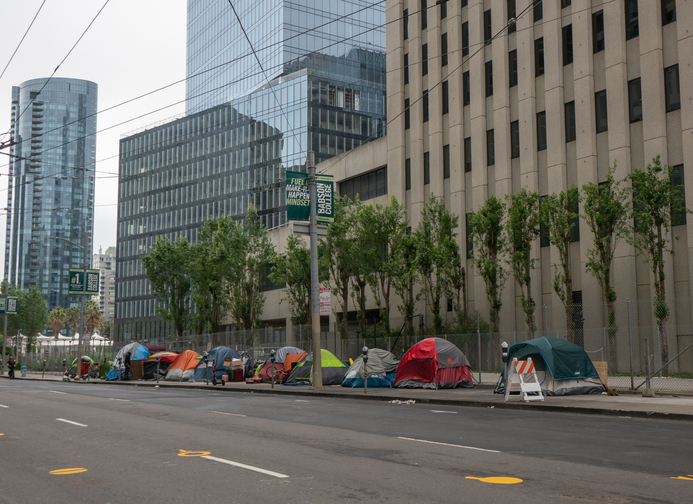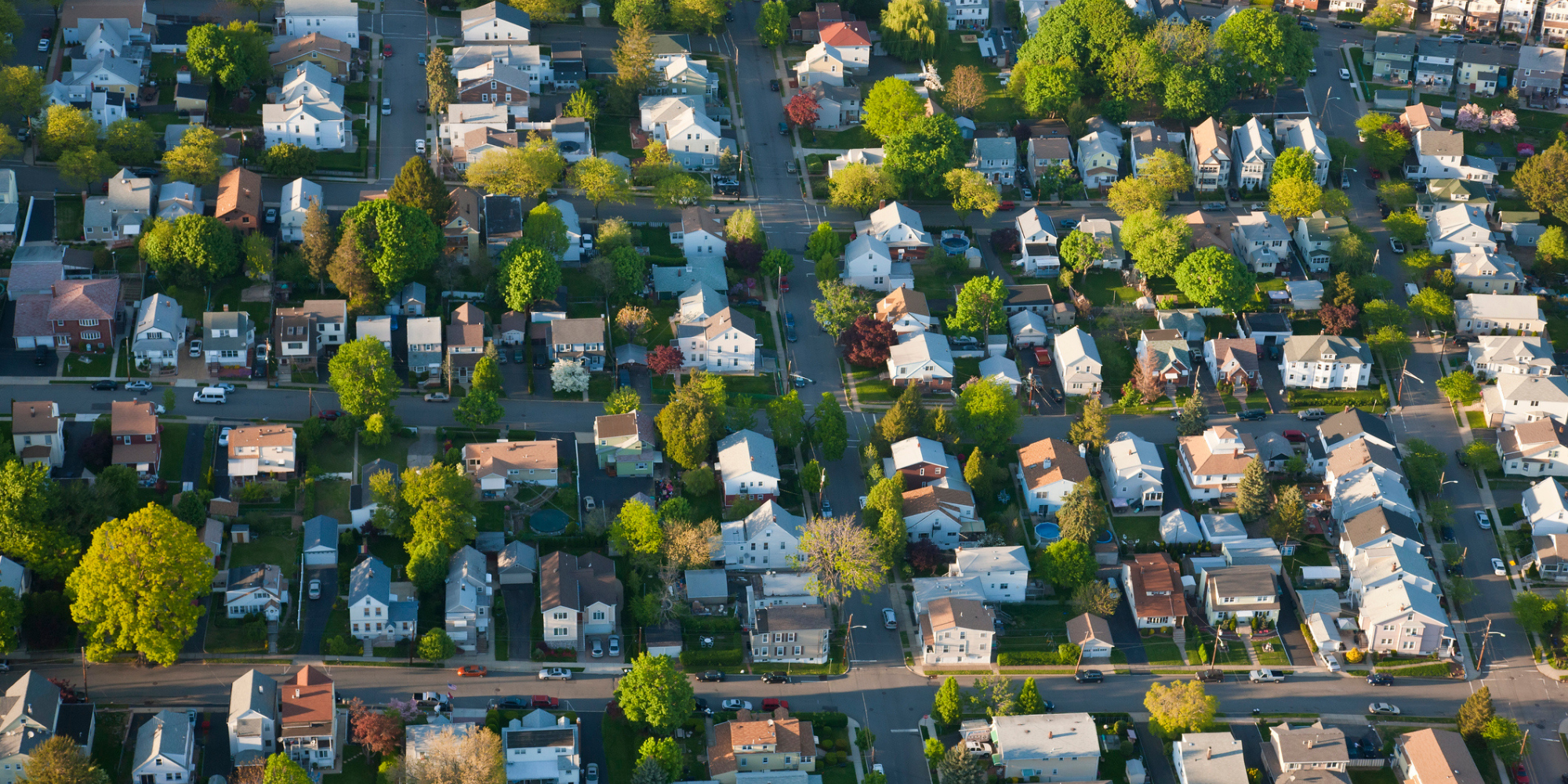Over the last two years, cities, towns and villages have been met with the extraordinary task of addressing the COVID-19 pandemic. Cities have been challenged not only with a public health crisis and an economic recession, but also face a worsened housing crisis that has dramatically impacted renters, individuals experiencing homelessness and homeowners.
Now, as local leaders continue to reclaim, renew and reimagine our communities from the wake of the COVID-19 crisis, they also have a unique opportunity to address housing instability and homelessness and help ensure that all of their residents have access to safe, quality and affordable places to call home.
What Cities Should Know About Addressing Housing Instability and Homelessness in 2022:
- A historic amount of federal funding is available to end homelessness and housing instability.

In 2021, the American Rescue Plan Act (ARPA) offered cities, towns and villages a once-in-a-generation opportunity to drastically reduce homelessness in their communities. Many provisions in ARPA, such as the State and Local Fiscal Recovery Fund, Emergency Rental Assistance, Emergency Housing Voucher Program and HOME Investment Partnerships Program (HOME-ARP), can be used to help individuals and households currently experiencing homelessness or are at risk of homelessness.
In addition to ARPA funding available to help house individuals experiencing or at risk of homelessness, the legislation also provides funds to address food insecurities, provide health care, support veterans and reduce unemployment.
- Addressing homelessness at the local level is a federal priority.
Launched last year, House America: An All-Hands-On-Deck Effort to Address the Nation’s Homelessness Crisis, is a national partnership by the U.S. Department of Housing and Urban Development (HUD) and U.S. Interagency Council on Homelessness (USICH).
Through this partnership, HUD and USICH invites mayors, city, county and tribal nation leaders and governors to use their ARPA funding to address the crisis of homelessness using a “Housing First” approach, by re-housing and building additional housing for people experiencing homelessness.
Local leaders that join the House America partnership will receive technical assistance, tools, peer-to-peer learning opportunities, direct regular communication, data support and best practices to troubleshoot challenges with addressing homelessness in their communities.
- Addressing homelessness and housing instability equitably is essential.
Along with federal funding and resources to prevent and end homelessness, cities, towns and villages need to address homelessness and housing instability through a racial equity lens.
Black, Indigenous and People of Color are overrepresented among homeless populations. Individuals who identify as Black account for 39% of people experiencing homelessness but represent only 12% of the U.S. population, and individuals who identify as Indigenous (including American Indian, Pacific Islander and Native Hawaiian and Alaska Native) account for 5% of the homeless population and 7% of the unsheltered population, but only 1% of the U.S. population.
In addition, households that are extremely low-income renters are more likely to be Black, Indigenous and People of Color. What’s more, Women of Color, specifically those who are low-income, are faced with higher rates of evictions and are particularly cost-burdened.
Because of systemic racism and its residual effects in redlining, segregation, incarceration, housing discrimination and denied social economic opportunities, Black, Indigenous and People of Color have and will continue to face significant barriers accessing safe, quality and affordable housing if solutions to homelessness and housing instability are not approached using a racial equity lens.
We can and must do better. It is an important part of our fulfilling the promise of America’s cities, towns and villages.
What’s Next?
Over the next month, NLC will release a number of housing resources for city leaders focused on solutions for producing and preserving affordable housing and protecting tenants. These resources can assist municipalities across the country that are in the process of developing or refining their strategy to prevent and end homelessness.
Join Us
Join us in Washington, D.C. at NLC’s Congressional City Conference in March to hear from key federal stakeholders on how Congress and the Administration can help local government leaders advance the priority to end homelessness and housing instability and ensure everyone has a safe and affordable place to live.








